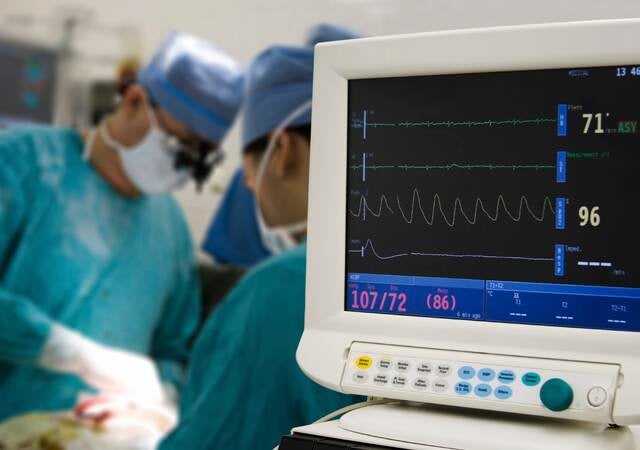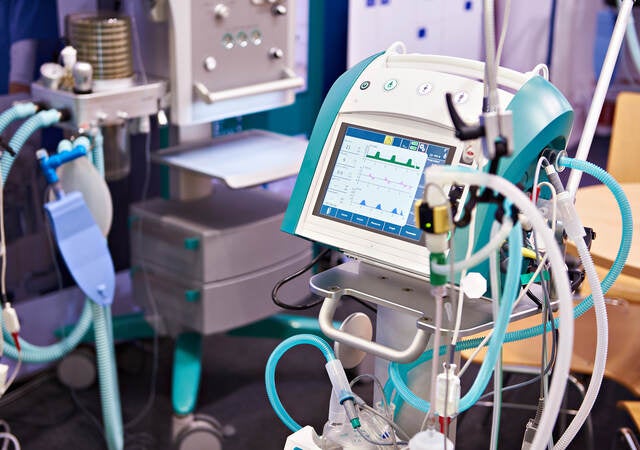Reporting adverse events to the FDA
Medical device manufacturers and initial importers selling medical devices, including in vitro diagnostics (IVDs), in the United States must comply with post-market reporting requirements outlined by the U.S. Food and Drug Administration (FDA) and submit certain adverse events electronically to the FDA for review.
Adverse event definition and your obligation to report to the FDA
It is very important to correctly report adverse events in the U.S., as failure to do so could lead to financial penalties or even criminal sentences.
An adverse event can refer to any unfavorable occurrence involving your medical device in the market. However, you must report it to the FDA if a medical device has:
- Caused or contributed to a death or serious injury.
- Malfunctioned and could potentially cause or contribute to a death or serious injury if the malfunction were to recur.
Manufacturers and initial importers are required to report to the FDA when they learn that any of their devices may have caused or contributed to a death or serious injury. Manufacturers must also report to the FDA when they become aware that their device has malfunctioned and would be likely to cause or contribute to a death or serious injury if the malfunction were to recur.
How to report an adverse event to the FDA
As of August 2015, manufacturers and importers are required to electronically submit medical device reports (eMDRs) to the FDA. The FDA’s eSubmitter software can be used to generate the eMDR. The eMDR is encrypted in a zip file which then is transmitted to CDRH using the FDA’s Electronic Submissions Gateway (ESG).
FDA Regulation 21 CFR Part 803 specifies the types of reports and data that must be included in each eMDR submission.
Authorizing others to submit FDA eMDR submissions
While you may submit eMDRs directly to the FDA, many manufacturers benefit from authorizing an ESG Account Holder to submit eMDRs on their behalf. Your appointed Account Holder can verify that your eMDRs include the necessary data required by the FDA, and can provide additional post-market surveillance support. Emergo by UL offers this service to Manufacturers (based in the US or abroad) and Initial Importers.
Choose Emergo to assist with FDA eMDR reporting
Emergo helps hundreds of medical device companies with post-market surveillance and adverse event reporting in the U.S. Here’s how we can help you:
- Emergo can provide guidance as you set up your personal WebTrader account with the FDA’s Electronic Submissions Gateway (ESG) so that you are able to properly submit eMDRs.
- If authorized, Emergo will submit eMDRs on your behalf and provide ongoing post-market surveillance support.
- Our experienced U.S. consulting team can help you determine when complaints are reportable and ensure the eMDR information is properly completed.
Our in-depth knowledge of FDA medical device regulations helps keep your vigilance procedures up-to-date. Emergo can help you navigate adverse event reporting in the U.S.
Common questions regarding FDA eMDR adverse event reporting
What are the timelines for medical device reporting in the U.S.?
The time frames to report adverse events to the FDA vary depending on the severity of the incident. If your device caused or contributed to a death or serious injury, an eMDR must be submitted to the FDA within 30 calendar days. However, the FDA requires that adverse events be reported within five days if remedial action is needed to prevent an unreasonable risk of substantial harm to public health.
Am I required to submit medical device reports electronically?
Yes. As of August 2015, manufacturers and importers are required to electronically submit eMDRs to the FDA.
Request information from our specialists
Thanks for your interest in our products and services. Let's collect some information so we can connect you with the right person.
Related resources
- US FDA Rules on Definitions of Device; Issues Revised Form for Reporting Adverse Events
- US FDA Roundup: Revised EUA for Surgical Masks; Extended MDSAP Temporary Audit Measures and More
- US FDA and Health Canada Launch eSTAR Pilot
- US FDA Updates Guidance on Identifying and Responding to Deficiencies
- RADAR : Market Access Newsletter








